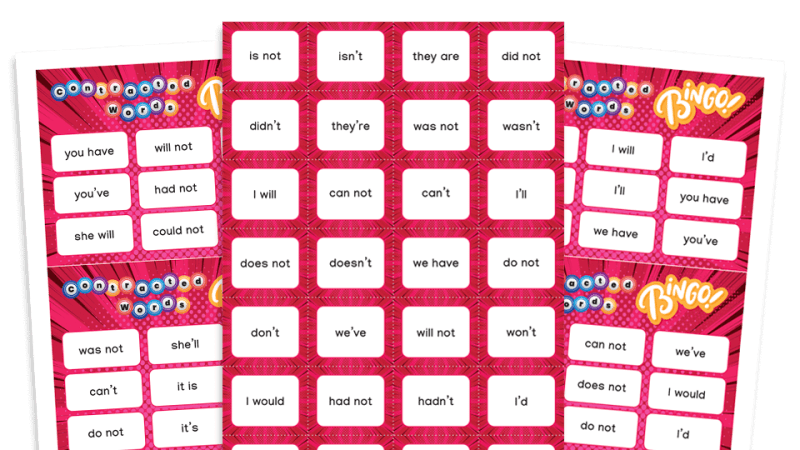Are you marking too much?

If your school’s policy has you marking everything in triplicate, says Michael Tidd, it might be time for a rethink…

- by Michael Tidd

I’ve always had my doubts about consistency.
Sure, often it’s vital. Children need a consistent approach when it comes to managing their behaviour – and in some cases, the consistency of rules, systems and structures that school provides can create a safe haven for those with troubled lives. But as Ralph Waldo Emerson once said, “A foolish consistency is the hobgoblin of little minds”.
Sometimes we can push too far on levels of consistency. It’s a short step from providing vital boundaries to adopting the lowest common denominator and all its failings. For this reason, I think all schools would do well to look once again at their marking and feedback policies, since Ofsted has gone out of its way to stress how much it has changed – and those changes mean that this policy has become increasingly important.
Subtle change
There was a time, not so long ago, when all schools pretty well knew what inspectors might look for when it came to marking. The sense abounded that every page must be annotated, every piece of work commented upon and every target highlighted and responded to in some way. As the trials of triple marking became an expectation, improving the quality of marking became a go-to response for lead inspectors needing something to justify their grading or to fill the ‘Recommendations’ box for outstanding schools.
This year, however, all that changed – but the change is more subtle than you might think. The new version of the Ofsted School Inspection Handbook for September 2015 is quite explicit in stating that “Ofsted does not expect to see any specific frequency, type or volume of marking and feedback”.
It almost sounds like we’re off the hook, doesn’t it? Except it’s accompanied by a caveat – “Marking and feedback should be consistent with [the school’s] policy”. So, if your policy still requires triple marking of every page (because you were trying to meet the old demands of inspectors), they can still get you on that if one of your teachers takes a night off.
Of course, having a sensible policy won’t necessarily save you. Lead inspectors still have final judgement, so if they decide that what you’re doing isn’t what they’d like to see, they can add it to your list of recommendations. If your policy is well thought-out, however, they might just think twice.
In reality, there’s not actually a huge amount of evidence on what effective marking should look like. What we do know, particularly from the Education Endowment Foundation’s Toolkit, is that feedback can be effective. But we also know from that same research that feedback can have a negative effect. And that same source further tells us that it’s challenging to make feedback work in the classroom. It’s just not as simple as ‘More and better written marking’.
Naturally, we teachers know this. We recognise when the marking we’re doing is serving an educational purpose and when it’s purely administrative. What matters now – when it comes to an inspection, at least – is that you share a consistent view through your school’s policy.
Match policy with practice
My suggestion would be to start with the very wise and widely respected words of the Education Endowment Foundation. Its website is remarkably concise in its summaries of what works, and some of the key points it makes about feedback might surprise you (and one or two inspectors). For a start, it doesn’t say anything about needing to provide feedback in writing, let alone about which colour pen or highlighter you might use.
Perhaps more significantly, it also clearly states that feedback ought to be ‘Given sparingly’. If your school’s policy still requires a formative comment on every piece of work, then perhaps it’s time to revisit it?
Lastly, the accompanying research appears to show that it’s more useful to focus on where children have gone right, than on what is wrong. Perhaps Ofsted could learn a lesson from that last gem, too…
The reality of the new Ofsted framework is that whatever your school thinks matters about assessment, just make sure your policy matches up with your practice. Otherwise, you risk shooting yourself in the foot – not because your marking isn’t effective, but because your effective marking isn’t the same as your policy outlines.
Michael Tidd is deputy headteacher at Edgewood Primary School in Hucknall, Nottingham; follow him at MichaelT1979











